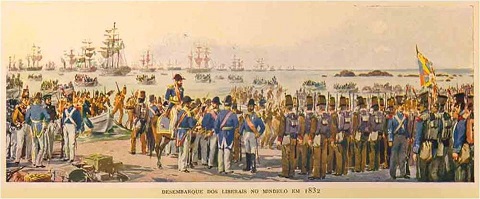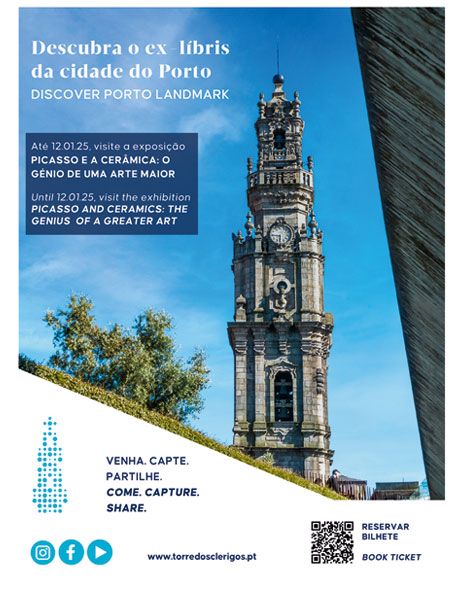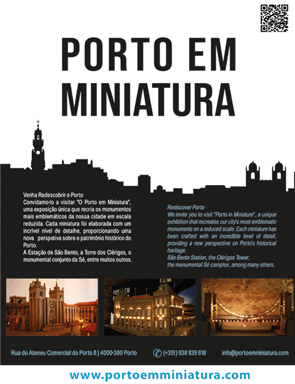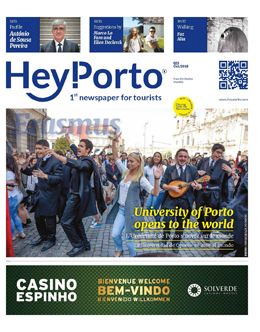It was 13 months that marked the city forever. The Siege of Porto lasted from July of 1832 to August of the following year, but its memory remains in the toponymy and the soul of the city.
The city will always be marked by the months in which it was surrounded: in addition to material damages and loss of human life, this period of history gave Porto the title of “antiga, Mui Nobre, Sempre Leal e Invicta Cidade do Porto” (old, very noble, always loyal and invicta Porto) attributed by D. Pedro as a form of gratitude for the loyalty and courage with which the Porto residents defended the liberal cause. The king would even offer his heart to the city as a form of giving thanks.
“Bairro do Cerco do Porto”, “Rua do Heroísmo” (Heroism, in memory of a bloody battle that took place there) or “Rua da Firmeza” (Firmness) are names that perpetuate “the dignity and resignation with which the Porto residents valiantly resisted”. They evoke this time and a war between two brothers with opposing convictions.
Porto never accepted the ascendancy of the absolutist D. Miguel to power (1828) and when D. Pedro took command of the Liberal movement, he found in the people of the city a powerful ally. On July 8, 1832, D. Pedro, coming from the Azores, disembarked in Pampelido (Mindelo) to take the city of Porto, arriving at the present Praça da Liberdade at noon. D. Miguel’s troops had been moved to Lisbon so the Liberals had no difficulty entering the city. The next day, the absolutist army, coming from the south, settled in the Serra do Pilar, on the other side of the river, to bombard the city and expel the Liberals. Thus begins the siege: D. Pedro’s supporters remain in the port, surrounded. Food and essential goods became scarce and, as the situation got worse, cholera and typhus became opponents of those fighting for the liberal cause.
In June 1833, the Liberals altered the strategy and resolved to attack from the Algarve. The absolutist troops, convinced that the adversary was weakened, decide to launch a great attack on the Port but end up being defeated. On the 26th July, the Liberals occupied Lisbon but Porto remained surrounded. On the 18th August, under the command of Marechal Saldanha, the Liberal army obtained a decisive victory that two days later lead the supporters of D. Miguel to retreat. The Siege of Porto was finished.








Comments are closed here.